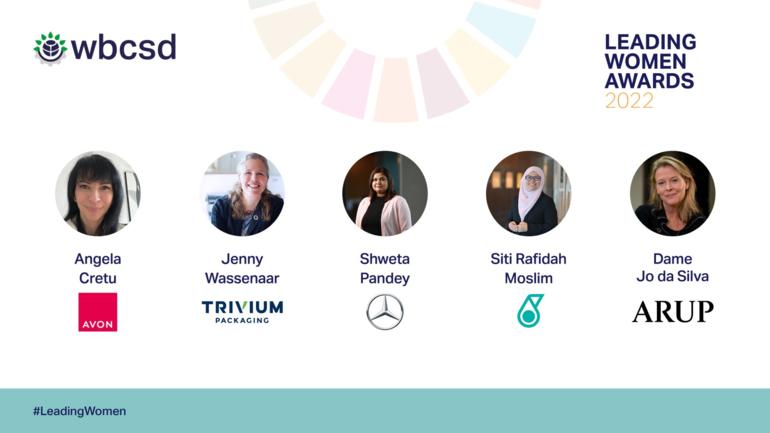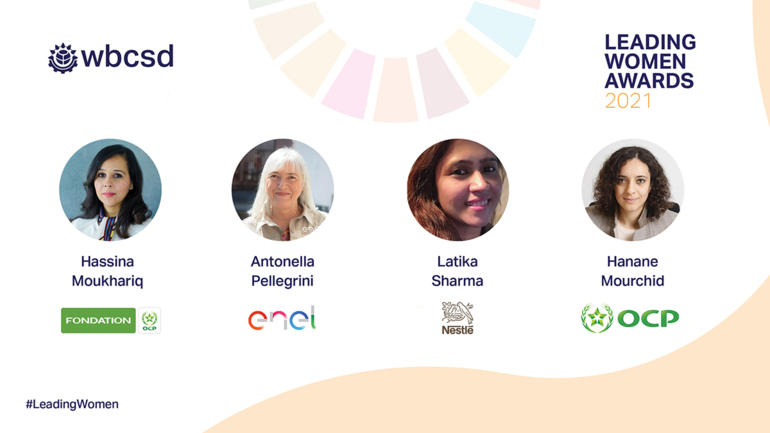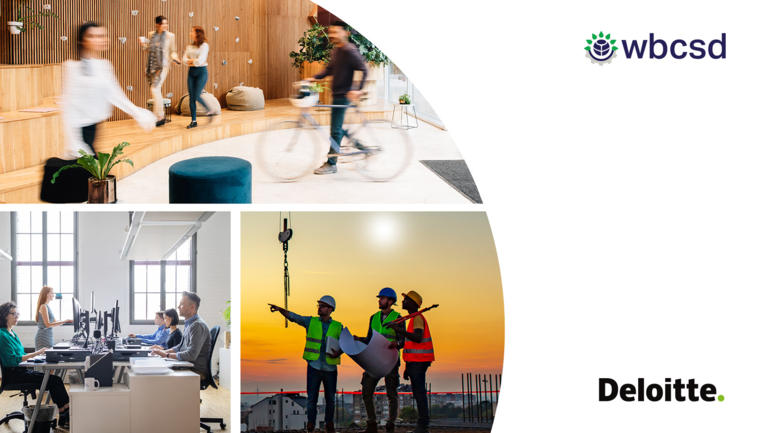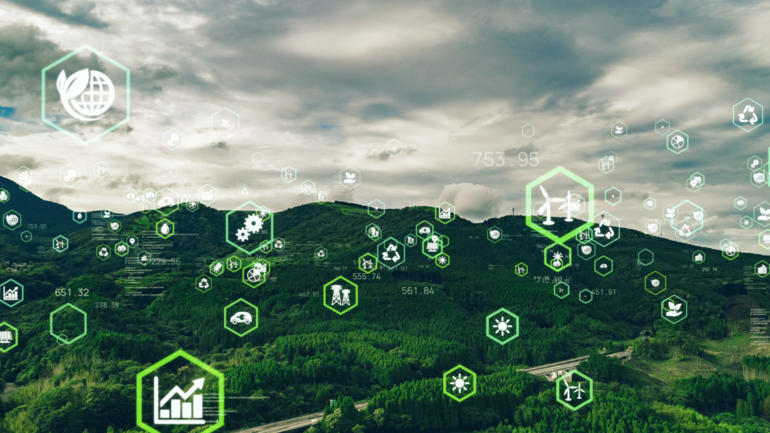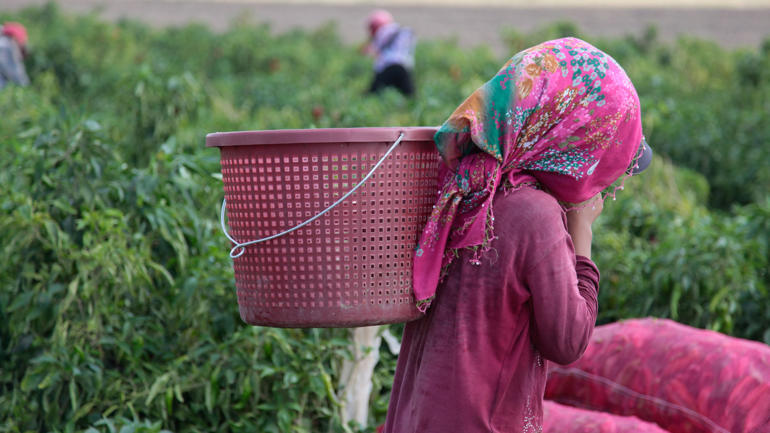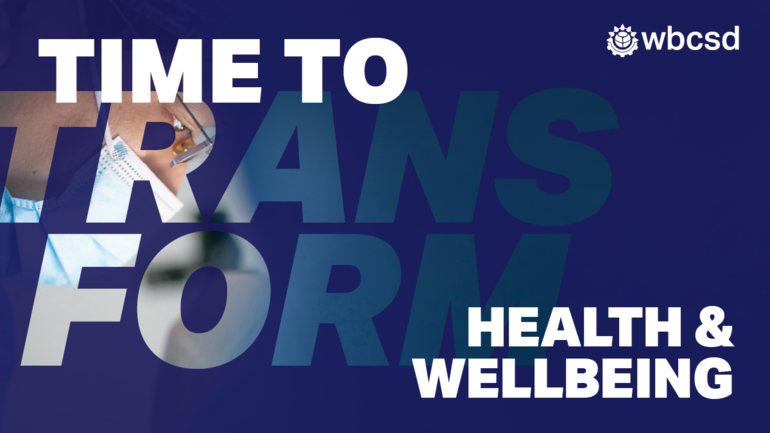Geneva, 10 June 2020: As we argued back then in an article advocating business prioritization when it comes to the SDGs: “The private sector will have a critical role to play in determining whether or not the SDGs are realized over the course of the next decade, and similarly needs to take stock of its efforts and identify its own priority SDG engagement areas; the areas where it is best equipped to drive real action and impact.”
However, a different wave hit us all in ways only few could have imagined. COVID-19, all over the world, is now the face of our deep collective vulnerability to systemic shocks. We find ourselves in the most profound economic and social crisis the world has seen in over a century and the aftereffects of this shock wave will continue to tremble through and shape this new decade.
Some ask: What about the SDGs? What is the role of this agenda in times of crisis? What about our collective and collaborative efforts to making the SDGs actionable for business and realizing the Goals by 2030?
It is clear that years of progress and significant developments gains are at stake as millions are expected to be pushed back into extreme poverty, have lost their jobs and will be challenged in returning to the workforce in the years to come. The pandemic has exacerbated the already rising levels of inequality, the lack of access to decent sanitation and healthcare.
This comes in an already highly volatile international context marked by geo-strategic tensions, the climate crisis, deep and growing global mistrust, and societal disparities and persistent forms of discrimination.
While the full extent of this crisis and setbacks to development gains continue to surface, the urgency to act on the SDGs is greater than ever. “Our commitment to achieving the SDGs has not changed, but the urgency to act has”, said Mona Juul, President of the United Nations Economic and Social Council (ECOSOC).
The response to the pandemic cannot be de-linked from actions on the SDGs. The Goals continue to serve as the compass to navigate this crisis, address fundamental challenges of inequality, poverty, people’s and our planet’s health and help to build back better for a more resilient, equitable and sustainable future.
Business collaboration toward SDG Sector Roadmaps
And so, our efforts continue to help business engage with this agenda in a meaningful way, integrating the SDGs into business decision making and mainstreaming them throughout operations. In 2018, we developed SDG Sector Roadmap guidelines which lay out a step-by-step process that companies from the same sector can follow as they come together to explore, articulate and realize a common vision for how their industry can contribute to the realization of the SDGs.
This was shortly followed by the development of roadmaps by and for the Chemical, Forest and Indian Cement sectors. These Roadmaps chart a common course for each sector towards collaboratively maximizing their sector’s potential to contribute to the achievement of the SDGs – identifying how each sector interacts with the SDGs today, where the greatest opportunities are to maximize positive and minimize negative impact across the value chain and the wide spectrum of the SDGs, and finally call upon peers and stakeholders to take collaborative action on the road to 2030 and beyond.
Throughout 2020, we are working with the Oil and Gas, Electric Utilities and Tire sectors on developing respective roadmaps for their sectors – expected be launched towards the end of the year and beginning of 2021.
According to WBCSD President and CEO Peter Bakker: “Realizing the SDGs, and leveraging the opportunities that they represent, is outside the reach of any one company. It requires companies to work together across industries and economic systems.”
He underscores that through the road-mapping exercises, “sectors are able to articulate a common vision for how their industry deliver on the ambitions of the SDGs, accelerate joint action and integrate the Goals into response efforts to building back better. This will help sectors to strengthen their license to operate, better manage risks, unlock opportunities and prepare for any future shocks or disruptions.”
Even though the pandemic may initially distract from long-term development objectives and turn our attention to more immediate challenges, the direction of travel of the SDGs is not changing and we need to stay on course, and continue to accelerate action-focused collaboration – at individual-, company-, sector- and systemic levels.
WBCSD Virtual Event - Making the SDGs actionable for business: Insights from sector roadmaps
Recently, as part of WBCSD’s virtual event series, representatives of leading companies involved in developing SDG Roadmaps shared insights and experiences and discussed about how COVID-19 has influenced their efforts to deliver on the key sustainability objectives. To learn more, take a look the recording, presentation slides and key takeaways from the session:
Warm thanks to the WBCSD member company speakers for the insights shared:
- Ana Maria Arce, Senior Manager, Global Communications & Sustainability, Bridgestone
- Antony Andrews, Investors Relations Manager ESG, BP
- Bryan Hartlin, Partner Sustainability Strategy, ERM
- Eduardo Moura, Director Sustainability, EDP
- Gladys Naylor, Group Head of Sustainable Development, Mondi
- Linden Edgell, Global Sustainability Program Director, ERM
- Maureen DeSanzo, Director Global Sustainability, Goodyear Tire & Rubber Company
- Monica Oviedo, Head of Sustainability, Iberdrola
- Nicolás Gordon, Director of Corporate Sustainability, CMPC
- Phénélope Sémavoine, SDGs Accountability Manager, TOTAL
- Romain Bentz, Sustainable Development Manager, Michelin
More information



